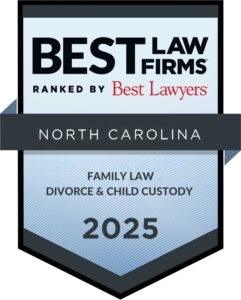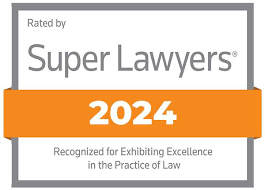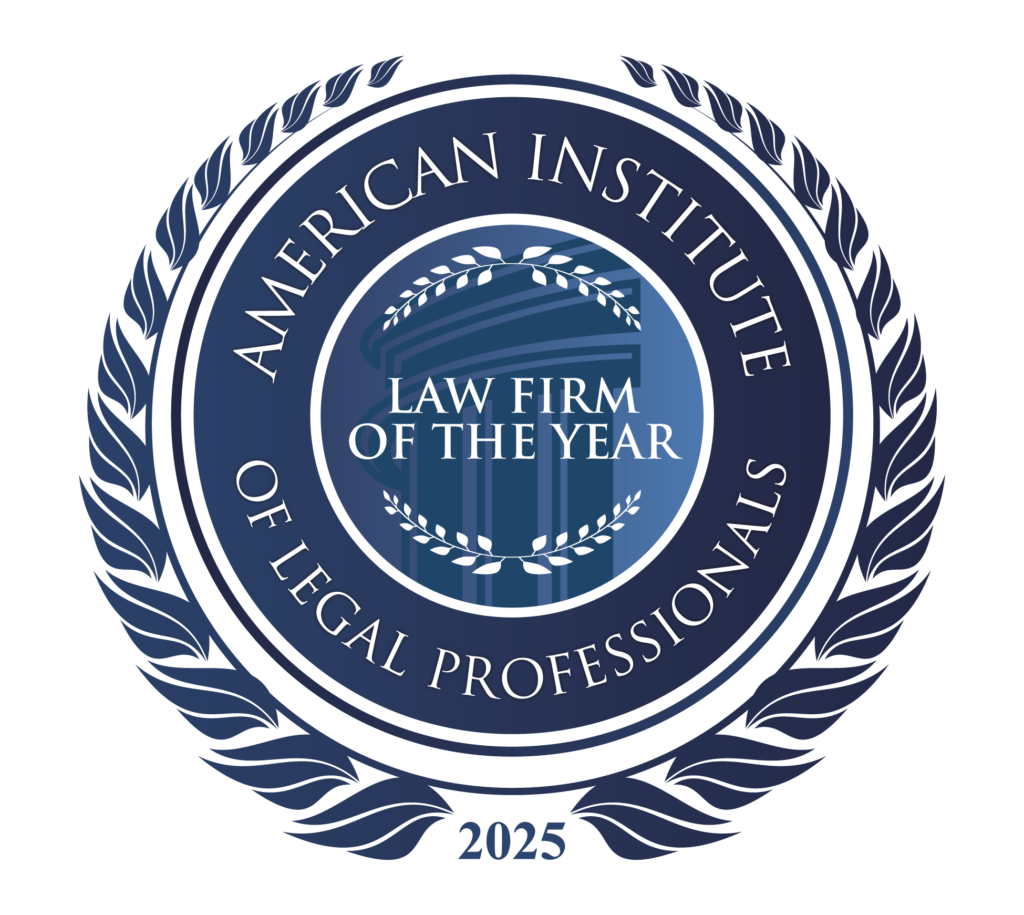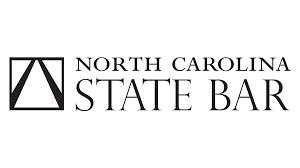Supervised Visitation and Safety – NC Child Custody
Quick answer: What is supervised visitation in North Carolina? It’s parenting time that happens while a court-approved supervisor is present—at a visitation center, with a professional supervisor, or a trusted adult named in the order. Courts use supervision when safety is at issue and often set a step-up plan to move toward unsupervised time once conditions are met.
Protect your child without confusion. We build clean, enforceable orders—clear locations, supervisors, rules, and steps to progress—so families, schools, and agencies know exactly what to do.

Your North Carolina Supervised Visitation Lawyer
Krispen Culbertson, North Carolina family lawyer with 20+ years handling safety-focused custody: supervised visitation orders, supervised exchanges, 50B protective orders, 50C no-contact orders, drug/alcohol monitoring, and step-up plans to restore routine when it’s safe.
Memberships: North Carolina State Bar; local family law sections. Courts: District Court calendars statewide with regular hearings in Guilford County.
Start by situation
Fast answers
When courts use supervision: safety concerns, substance use, domestic violence, or reunification after long gaps in contact.
Who can supervise: a visitation center, a paid professional, or a named adult the court approves—spelled out in the order.
Step-up plans: clear milestones (clean screens, classes, counseling) let time expand from supervised to unsupervised.
Recording & rules: your order should address photos, devices, missed-visit makeup, and supervisor authority on the scene.
When North Carolina courts order supervised visitation
Judges may require supervision where there are credible safety risks, a recent incident, or a need to rebuild contact in a controlled setting. We bring focused evidence—police reports, protective orders, treatment records, messages—and propose practical terms that protect the child and keep contact consistent.
Types of supervision
- Center-based: neutral locations with trained staff, set rules, and notes. Good for high-risk situations.
- Professional supervisor: a paid third party who documents visits and enforces rules.
- Trusted adult: a named relative or friend the court approves, with boundaries and authority set in writing.
- Therapeutic visits: sessions with a counselor to work on safe, appropriate interactions.
Supervised exchanges only
Sometimes only the hand-off needs structure. We set neutral sites or police departments, civil standby numbers, and narrow rules that reduce conflict at pick-up and drop-off.
Conditions and monitoring
Orders can include drug/alcohol screening, parenting classes, anger management, and counseling. We tie conditions to step-up milestones so progress leads to expanded time.
Step-up plans and clear enforcement
We draft specific intervals, e.g., “6 supervised sessions without incident → 4 weeks of short unsupervised daytime → overnights after clean screens.” If rules are broken, the order explains how time pauses or reverts.
Therapeutic supervision
When reunification is the goal, we use a therapist for structured sessions, defined goals, and written feedback to the court without exposing the child to adult conflict.
Writing orders agencies will follow
- Exact location, start/end times, and who brings the child
- Named supervisor with authority to end a visit if rules are broken
- Recording, devices, photos and social media rules
- Missed-visit protocol and make-up time
- Virtual time (days, duration, platform)
- Cost sharing for centers or supervisors
- Align with any 50B or 50C to keep everyone safe
What to bring and your first 72 hours
Documents checklist
- Current custody orders and any protective orders
- Messages, incident logs, police reports, evaluations
- Names of possible supervisors or centers and availability
- Work and school schedules to set realistic times
Your first 72 hours with our team
1) Safety audit
Confirm risks, existing orders, and immediate needs.
2) Evidence map
Assemble documents and witnesses that support supervision or a targeted alternative.
3) Filing strategy
Motion for supervised visitation or supervised exchanges with temporary asks.
4) Draft terms
Exact rules, supervisor, timing, and step-up milestones.
5) Implementation
Coordinate with centers, therapists, and schools so the order works on day one.
FAQs
How long does supervised visitation last?
Can family members supervise?
What happens if someone violates the rules?
Do protective orders affect visitation?
Can we do supervised exchanges only?
Why North Carolina families choose Culbertson & Associates
- 20+ years in safety-focused custody matters
- Agency-ready orders centers and schools can follow
- Step-up plans tied to real benchmarks
- Settlement-first, ready for focused hearings
Client reviews
A. Turner — “K.E. Culbertson set up center visits with clear rules. Our child felt safe and the schedule actually worked.”
M. Reed — “Mr. Culbertson opposed supervision where it wasn’t needed and got us neutral exchanges instead. Conflict dropped right away.”
T. Patel — “Therapeutic visits helped rebuild contact. The step-up milestones were fair and easy to follow.”
S. Morris — “Culbertson and Associates aligned custody with our 50B so there were no surprises at pick-up.”
L. Diaz — “Clean order, clear costs, and the center knew exactly what to do. No confusion.”
J. Coleman — “They added drug screens and a path to unsupervised time. Everyone knew the plan from day one.”
Visit Our Greensboro Office
Culbertson & Associates
315 Spring Garden St Ste #300, Greensboro, NC 27401
(336) 272-4299 • culbertsonatlaw.com
Hours: Mon–Fri 8:30 AM–5:00 PM • Area served: North Carolina


Contact us now
book consultation







No Comments
Sorry, the comment form is closed at this time.